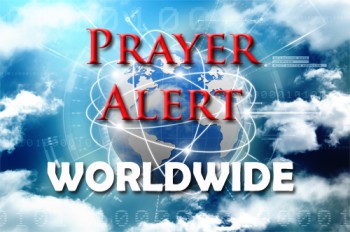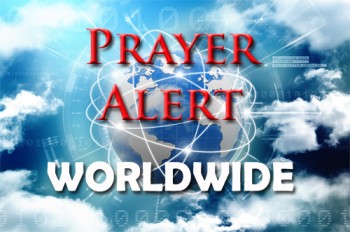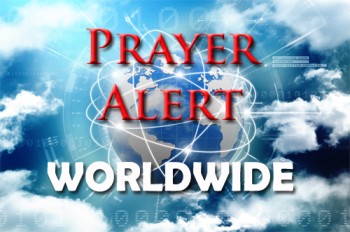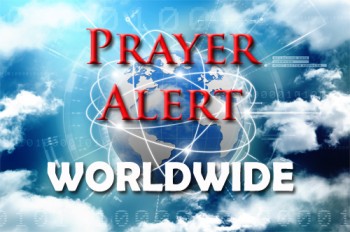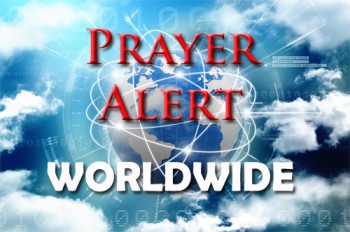Displaying items by tag: Solomon Islands
Solomon Islands: the Framework Agreement
On 25 March the Solomon Islands government announced it was ‘expanding’ security arrangements, ‘diversifying the country's security partnership with China’. Beijing is moving from island to island and wants to upgrade an airstrip in Kiribati for civilian purposes; yet the military uses are apparent. Kiribati is 1,900 miles south of Hawaii. A five-year deal, with automatic renewals, will allow Beijing to base its military in the Solomon Islands. If applied to its full extent, the Framework Agreement will give China the ability to sever shipping lanes and air links connecting the USA with its treaty ally Australia and partner New Zealand. For decades the US allowed Canberra and Wellington to manage the Solomons and its region. Beijing, through payoffs now detailed in public, essentially owns the Solomon Islands government. There is also now talk that China will ink a security agreement with Papua New Guinea, just north of Australia.
Solomon Islands: violent rioting
Solomon Islands prime minister Manasseh Sogavare declared a lockdown on 24 November after a thousand anti-government protesters gathered in the capital demanding his resignation. Sogavare has been in power for twenty years, and foreigners have plundered the country’s resources. The people are not blind to this, and will not be cheated any more. A Honiara journalist said the cause of the chaos was a ‘mixture of a lot of frustration.’ The protesters breached the parliament building and set fire to buildings, including a police station. Sogavare requested Australia’s assistance under a bilateral security treaty; Australia will send a detachment of 23 federal police officers and up to 50 more to provide security at critical infrastructure sites, plus 43 defense force personnel, a patrol boat, and at least five diplomats. The deployment is expected to last for a few weeks.
Pray for the Solomon Islands
Ethnic diversity across six islands creates a divided society across tribes with different languages, cultures and political groups that inhibit Christian work. Denominations divide along tribal lines. Nominalism is a problem even though the islands are ‘Christian’. The Church has stagnated; a proper enculturation of the gospel would go a long way in overcoming this. Two different Islamic groups are making inroads on the Baha'i, Jehovah's Witnesses and Unification Church. Counterfeit Christian movements and quasi-Christian cults have also grown, and the old animistic worldview persists in some areas. Many Christians, even committed believers, drift from one group to the next, since most groups compete for members. A new awakening is needed. Pray for the Spirit to reinvigorate the many churches which possess such a strong spiritual heritage. Ministry to young people is vital, due to rapid population growth and the many young nominal Christians who need discipleship.
Pacific: Cyclone Harold’s devastation
Cyclone Harold, a category 5 cyclone, hit the Pacific nation of Vanuatu on 6 and 7 April, ripping off roofs and downing telecommunications across large parts of the north and west of the country as it tries to fight the coronavirus outbreak. There have been hurricane-force winds, heavy rainfall, flash flooding, properties flattened, and trees torn down. Luganville, with a population of 16,000, was ravaged. Communications to Vanuatu’s two largest islands are cut. Vanuatu is in a state of emergency, with borders closed to international arrivals, a curfew, and gatherings of more than five people banned. Some restrictions were lifted to allow people to gather at mass evacuation centres (see) On 8 April Harold flattened homes and flooded towns in Fiji. Emergency officials are scrambling to establish communication with outlying islands. Harold killed dozens in the Solomon Islands before destroying Vanuatu, and is expected to hit Tonga within days.
Global: mothers speak out on climate change
From the vanishing Solomon Islands to the burning Amazon rainforest, mothers speak up from danger zones. Alice, in Brazil, fears for her two-month-old son: ‘It is hotter than when I was a child, and I don’t know how it will be when he grows up. There is more pollution, he’s already having breathing problems. I am privileged to live in this paradise, but I look around today and fear that we are losing it.’ Baby Rafsan lives in Dhaka, Bangladesh, the most overpopulated city in the world. His mother said, ‘We fear for our futures but not enough to quit using cars to save the climate'. By 2050 one in seven people will be displaced by rising sea levels - that’s 18 million people. Bangladesh will not exist in 100 years if carbon dioxide emissions remain the same. ‘My baby should not be wearing a mask’, said a mother in Delhi.
